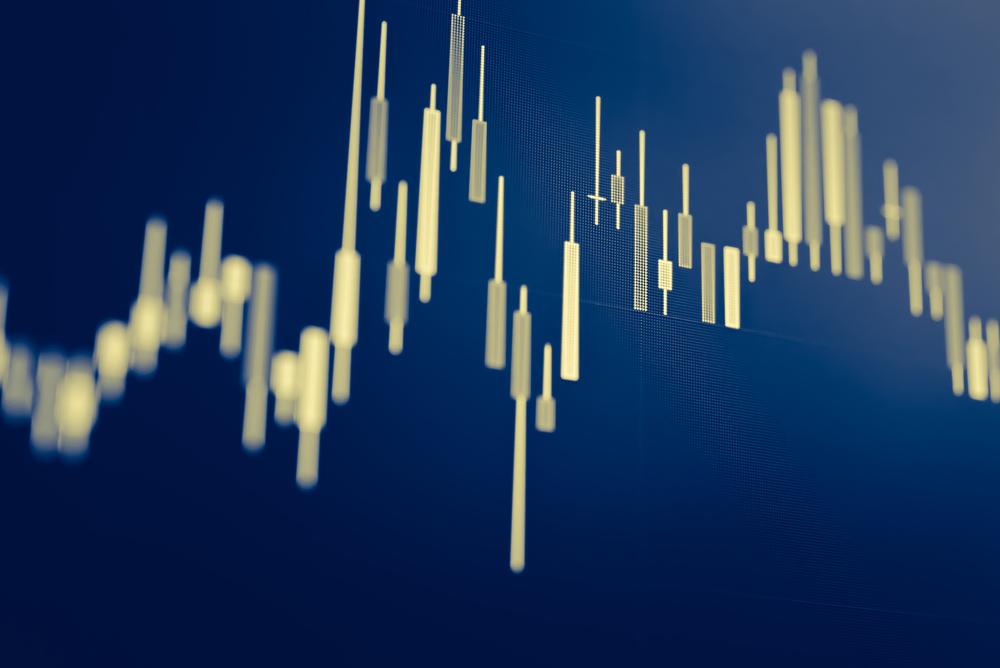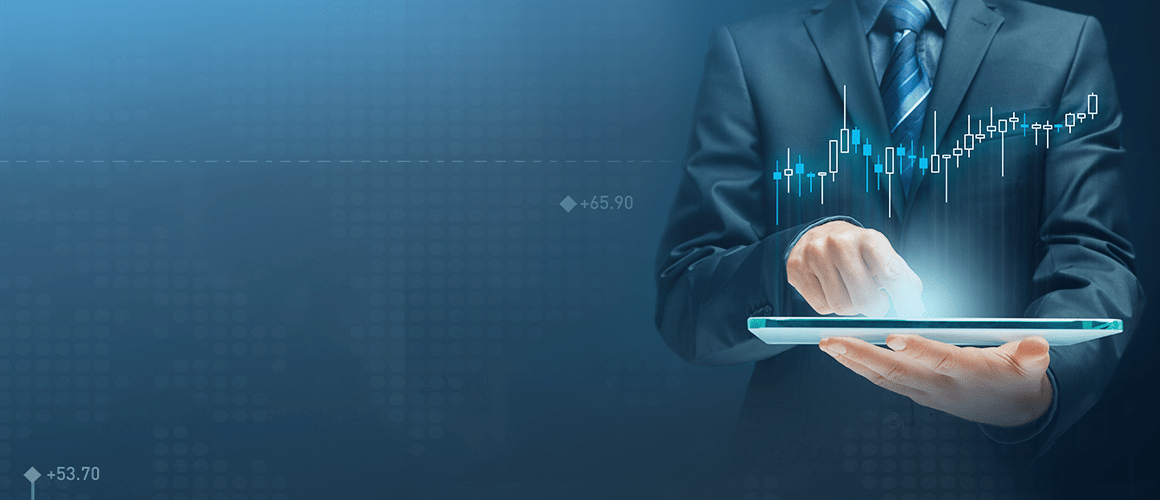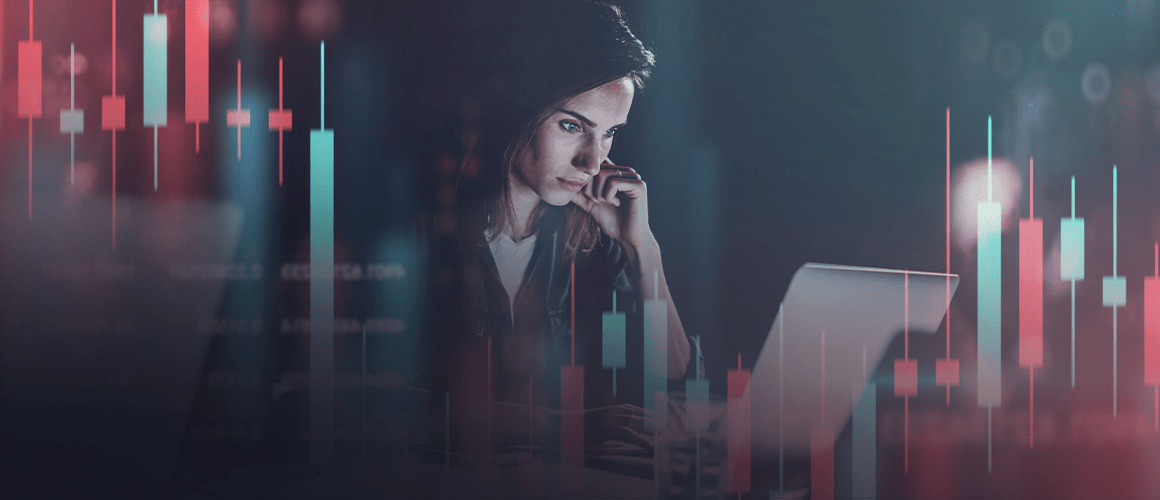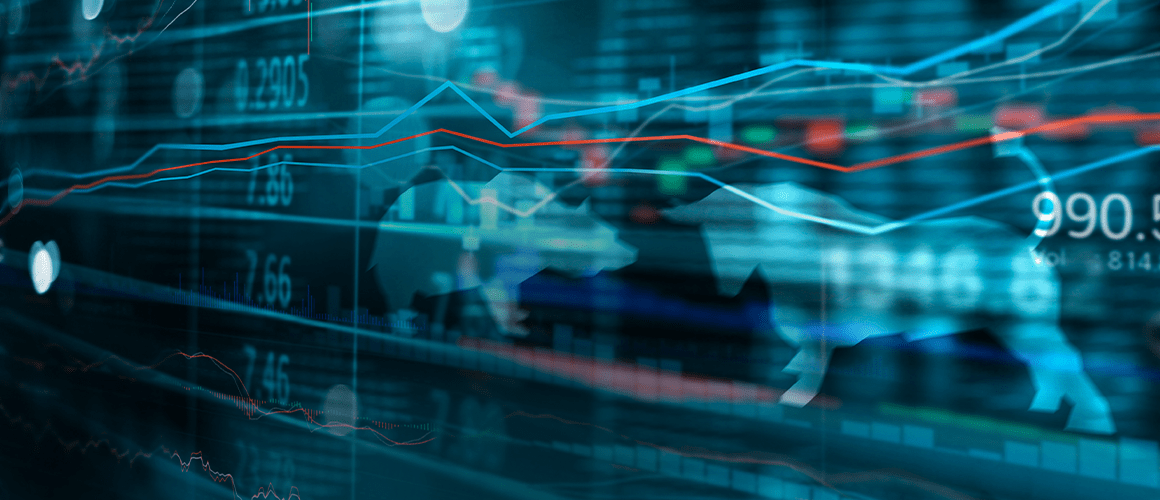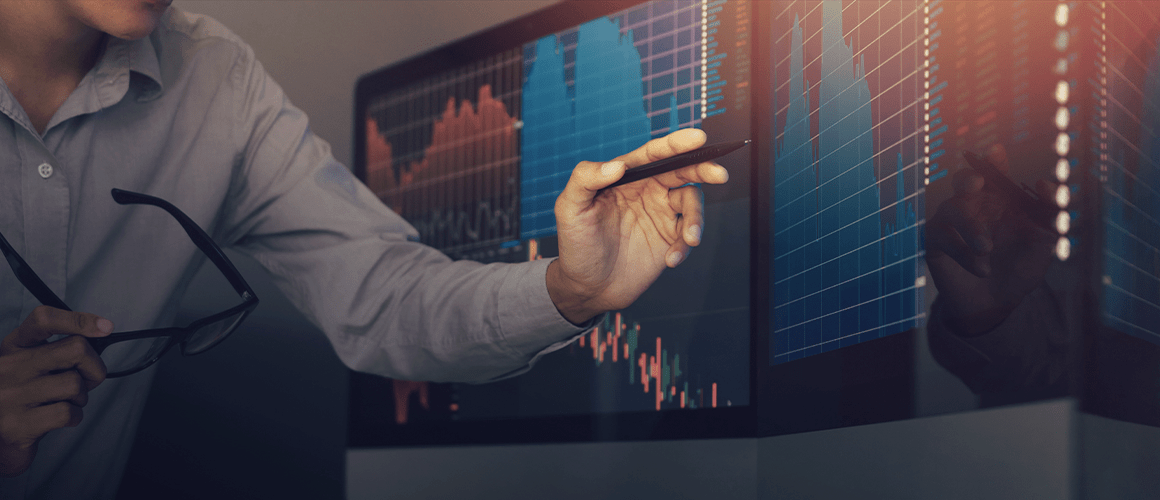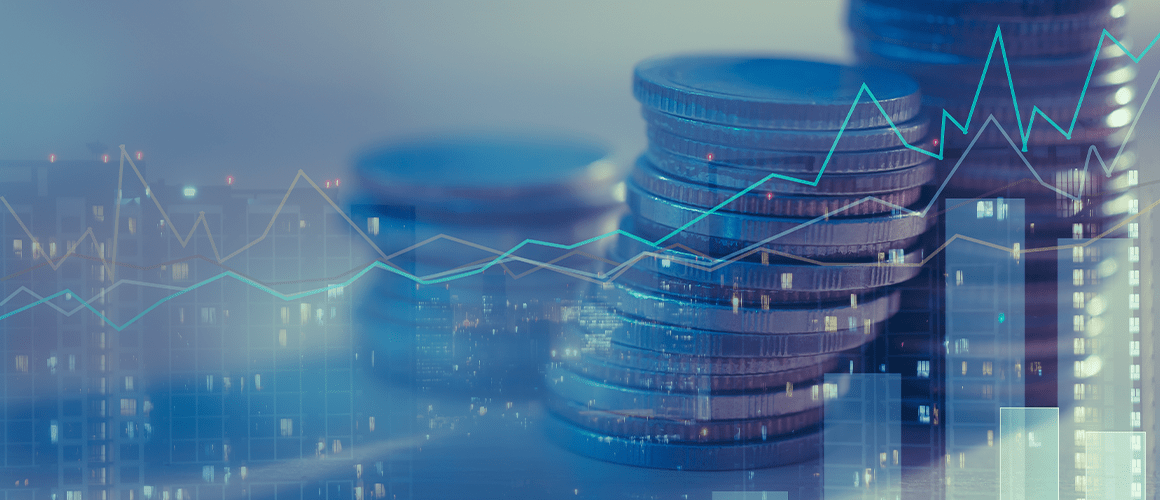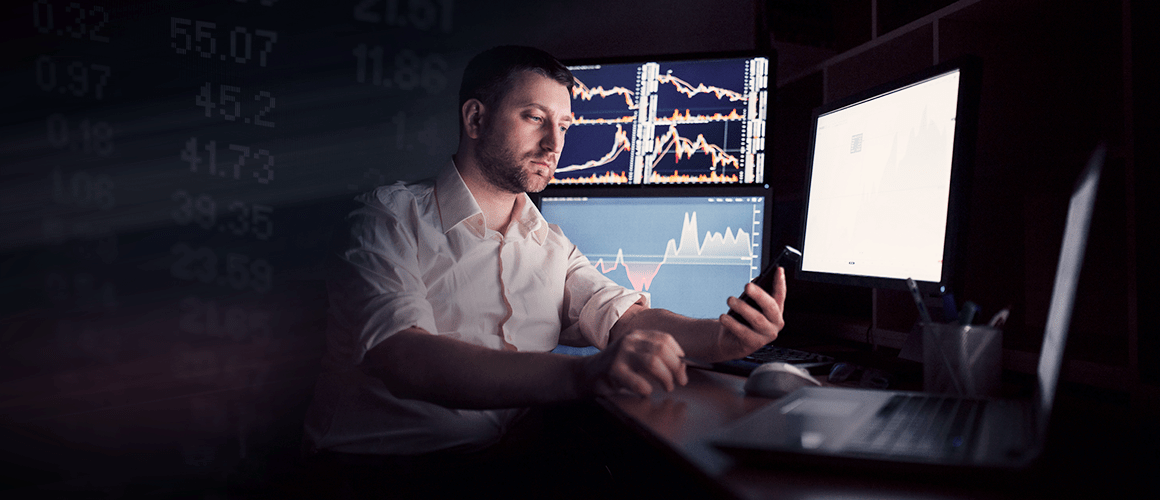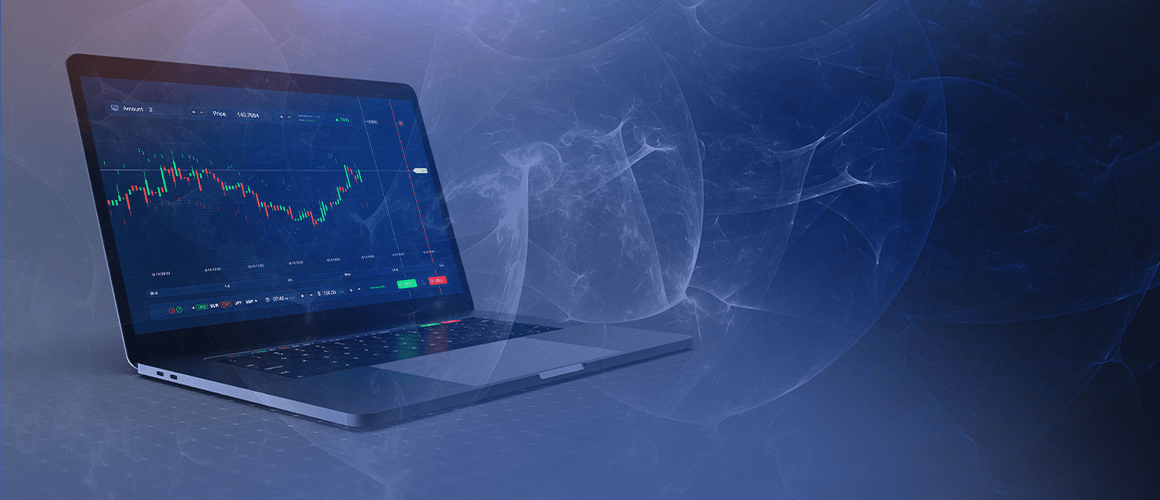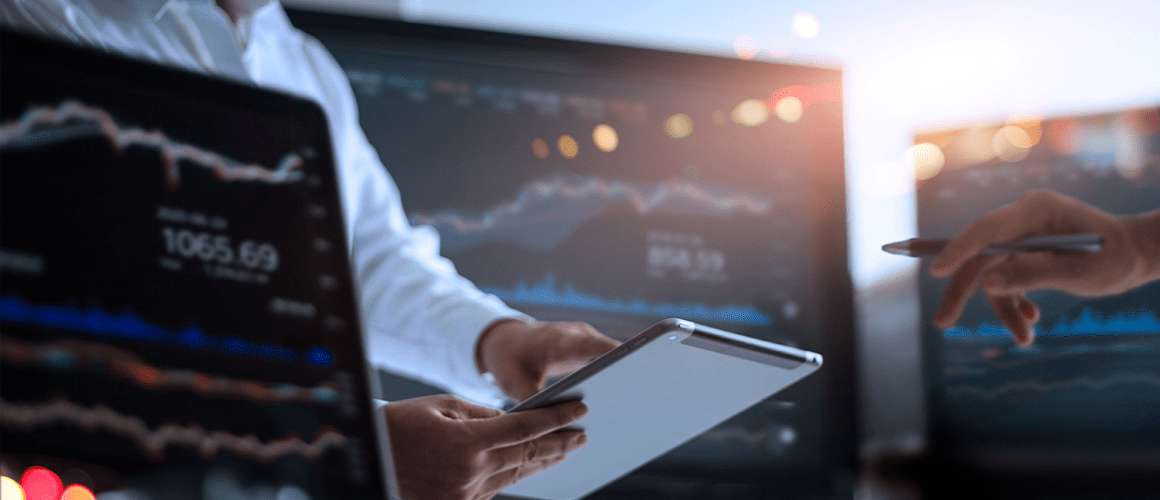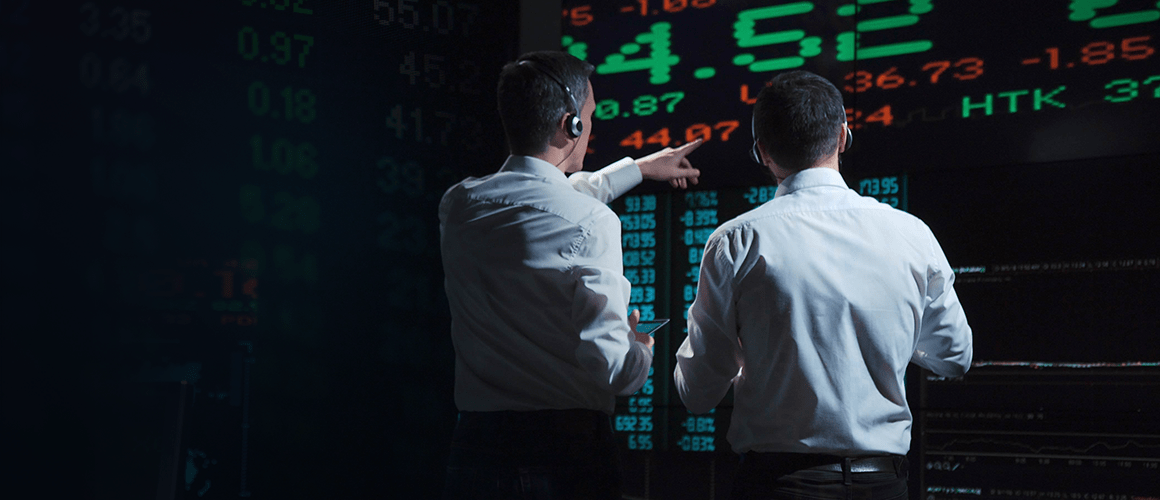There are a lot of discussions about trading within the boundlessness of the Internet, both in conventional businesses and state-financed organizations. People say and write a lot of different things. More often than not, they are sure that trading can’t be regarded as a primary source of income.
All posts
Who in the world of trading hasn’t heard of scalping? Probably, you may know it as pipsing, but all traders surely heard a lot of different things about it, some of them tried it in practice, others are just going to, that’s why I guess it would be interesting to go into details of such thing as scalping.
Every beginner in trading asks themselves the same question: “Exactly what kind of a trading terminal should I choose for trading?” There are a lot of different trading platforms that have both similar features and essential differences. Among these differences are such nuances as installation on PCs or mobile devices, availability of a terminal in a web browser without installing any additional software components, opportunities to use a terminal for free or on a paid basis.
As soon as they get a little free money, beginners open another position and, when it comes to the crunch, lose all their orders and entire deposit. To avoid such situations, people created and developed some specific rules to manage their capital and risks.
When it comes to margin, people who are not knowledgeable in trading usually think it's the difference between the buying and the selling price. While this is true for most other cases, in trading, margin means a collateral you've got to pay in order to open your position.
Most traders I have known want to absolutely conquer the market. Some succeed, but only every now and then, failing to turn this conquer into a permanent win. The reasons are many, from insufficient skills or experience all the way to the lack of the 'holy grail', with the 'not enough money' reason in between. Well, a good set of excuses. These reasons, however, are somewhat true, as all traders are different and use their trading potential differently.
Hedging risks is an essential ability for both new and advanced investors. Risk hedging is used when a trading system no longer works, and you've got to secure your capital against the volatile market conditions.
If you are a beginner trader, you are sure to be asking a question to yourself: Which market to choose for trading?
In fact, fundamental analysis does not have any secrets as such. There are, however, a few rules one should stick to in order to keep their assumptions and conclusions logical.
After doing some demo trading and conquering the virtual market, every trader starts sooner or later thinking about opening a real account and depositing their hard-earned money.
Professionals of currency and stock exchange markets have two completely different ways to analyze assets: fundamental and technical.
On financial markets, no matter when, while working there or just getting to know them, investors will surely face such things as financial instruments. What are they? We’ll paint it in details. Financial instruments Financial instruments imply a wide range of terms and definitions. It’s very easy to see how numerous they are: they include […]
Forex exchange market (name derived from FOReign EXchange) is an international market meant for broker companies, banks and investment funds trading currencies. Currency exchange market formed in the 70-s when the financial world passed from the gold standard to free currency pricing.
A trading system implies a method or a scope of rules, which allows traders to understand in a very short period of time what is happening on the market at the moment and assess whether there are chances to open a position.
A broker is a term not only for financial markets: brokers provide their services in many different fields, but the general principle of their operations is similar.

